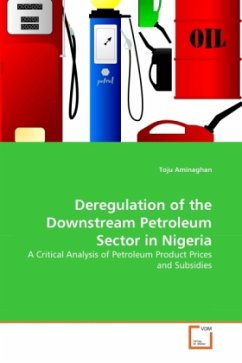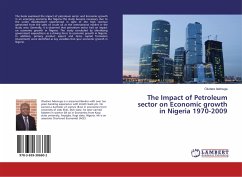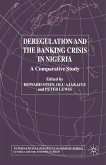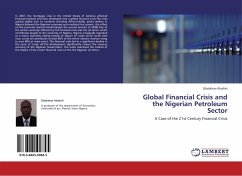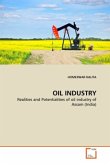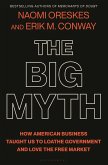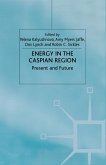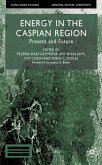The prices of petroleum products in Nigeria have been a source of contention and controversy over the past few years, against the background of low refining capacity, poor public finances and endemic product smuggling resulting in the domestic scarcity of petroleum products. The Nigerian government depends heavily on the importation of petroleum products at very high cost to meet the domestic demand, and it keeps the petroleum products prices below the international oil prices resulting in the implicit subsidization of petroleum products. The huge petroleum subsidy burden of Nigeria puts pressure on funds available to develop other sectors of the economy. The objective of this book is to investigate the impact of petroleum subsidies on real per capita Gross Domestic Product and to propose a framework for an appropriate path for petroleum subsidies in Nigeria thereby seeking to address its challenges for economic efficiency and income distribution. This book would help oil producing countries learn from the Nigerian experience as well as students/academicians studying petroleum related courses.
Bitte wählen Sie Ihr Anliegen aus.
Rechnungen
Retourenschein anfordern
Bestellstatus
Storno

